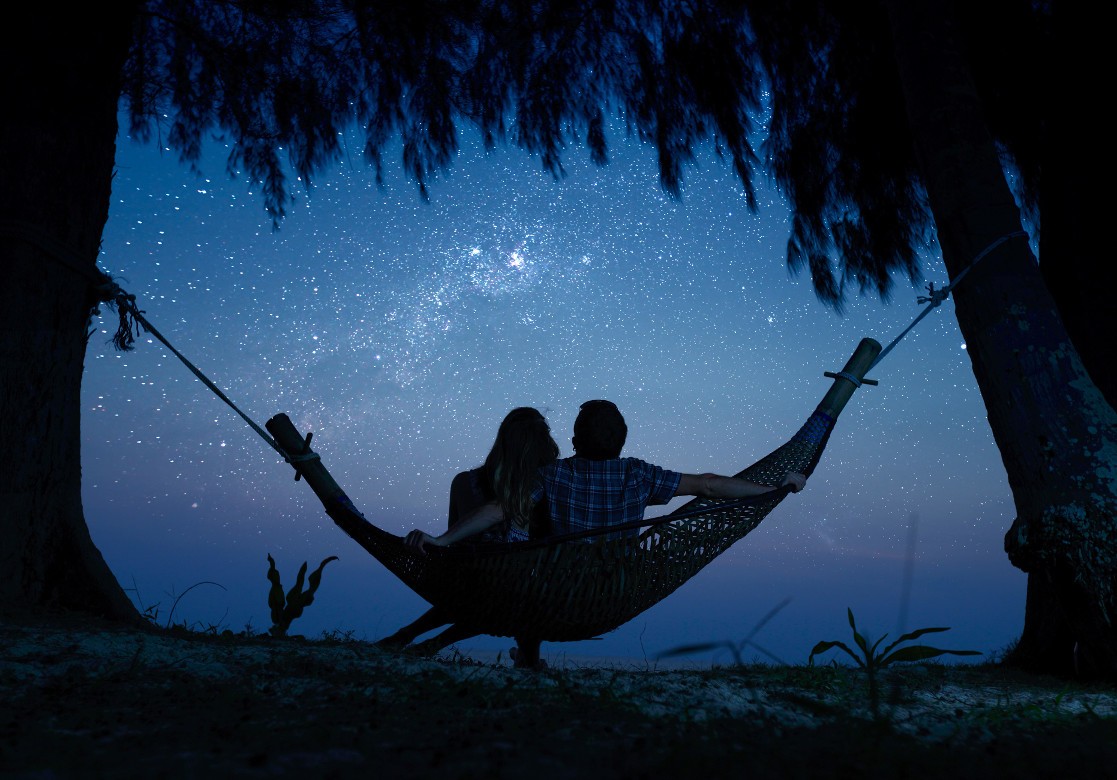All You Need is Love

At the end of all things, when at last you gaze down from the precipice at what was once the vista of your life, you will come to understand that the value of your time here on Earth had nothing to do with material wealth or power, that it had nothing to do with good health, that it had nothing to do with whether or not you accomplished everything you wished to do when you were alive. Instead, you will find that the measure of your worthiness hinges solely on whether or not you loved. The pinnacle of existence, the highest pleasure, is to live a life in communion with others, to love and to be loved. Love is the fulfillment of the human experience.
There are different kinds of love. There’s the love we’re born into, that between a father and a son, a mother and a daughter, a brother and a sister. There’s the love between friends. There’s eros, the uniquely intimate love between two people that culminates in an even greater love, the conception of new life. There are so many ways to love, so many ways to express our need to be close to others.
All the money and health and power in the world can’t buy the simplest kind of happiness that can be purchased for as a little as a smile, a hug or a kiss. With enough money and power, you can move mountains. But what of that? With enough love, you can move souls.
Love can be experienced by the poor as well as the rich, by the sick as well as the healthy, by the foolish as well as the wise. It knows no boundaries. It’s an all-consuming fire that razes the world, burning down the material and ideological divides that separate us, reducing us to our purest essence.
Love has the power to shine into the darkest depths. It provides aid and comfort before the most fearsome powers of Hell, even as death and despair surround you from every side. As long as there’s love, there’s hope. Nothing is more precious.
To love is to be a part of something greater than yourself, to be one with a collective whole that feeds and nourishes the soul even as it sustains and uplifts the body. To be indifferent, to shut yourself away from this life-giving force, is to be cut off from this higher existence, to slowly wither and die, cold and alone, huddling in some obscure corner of the world even as those around you burn with the blinding radiance of a star, with the brilliance of hearts set ablaze by the most powerful force in the universe.
Reading fiction can teach you how to love. It affords you access to the hearts and minds of a variety of characters, and in so doing, helps you to understand others, since well-written characters always reflect real people.
In fact, Research has shown that reading fosters empathy. And it’s precisely this emotional understanding that bursts through the walls that separate us, that bridges hearts so that all who know might come to love, and in so doing save themselves from the only kind of death that man should ever fear.
Has yours been a life worth living? For the answer, you must only ask yourself one question: “have I loved?”
Enter your email address and click "Submit" to subscribe and receive The Sign.
